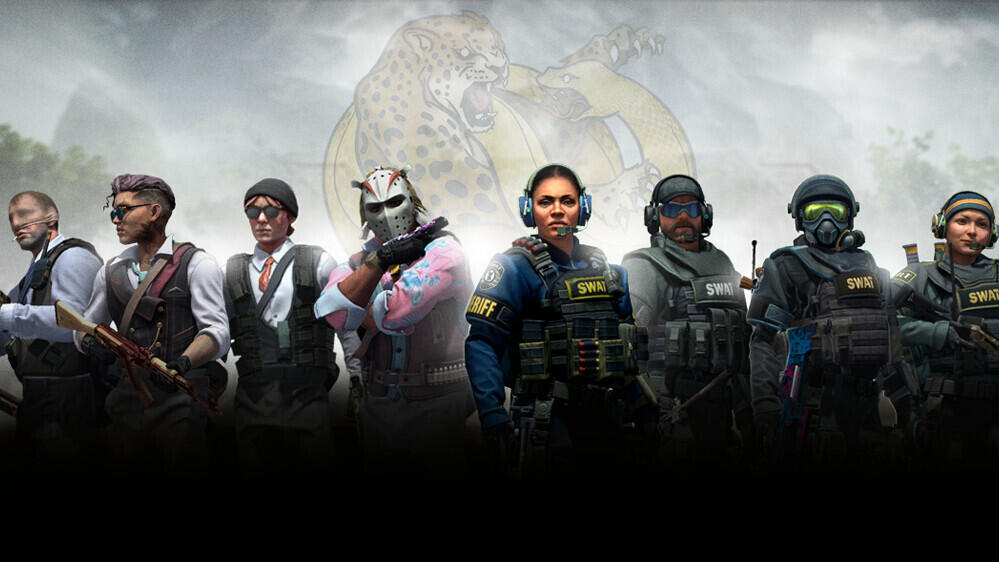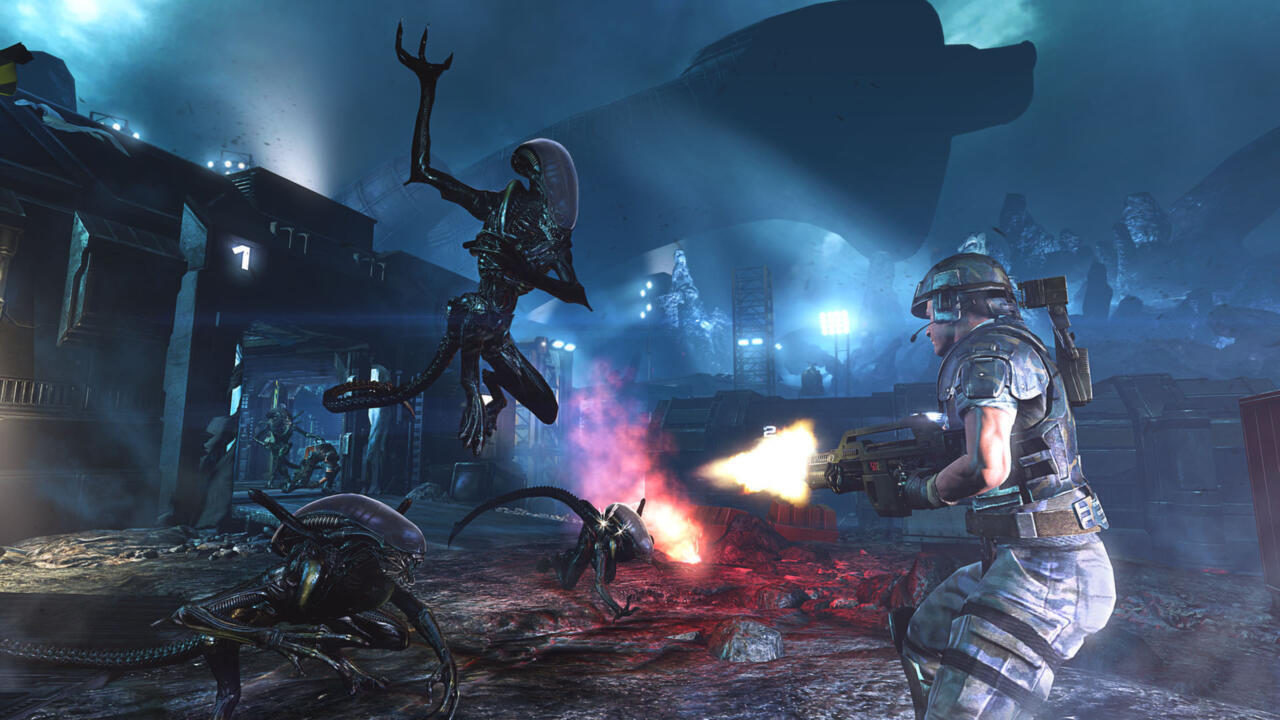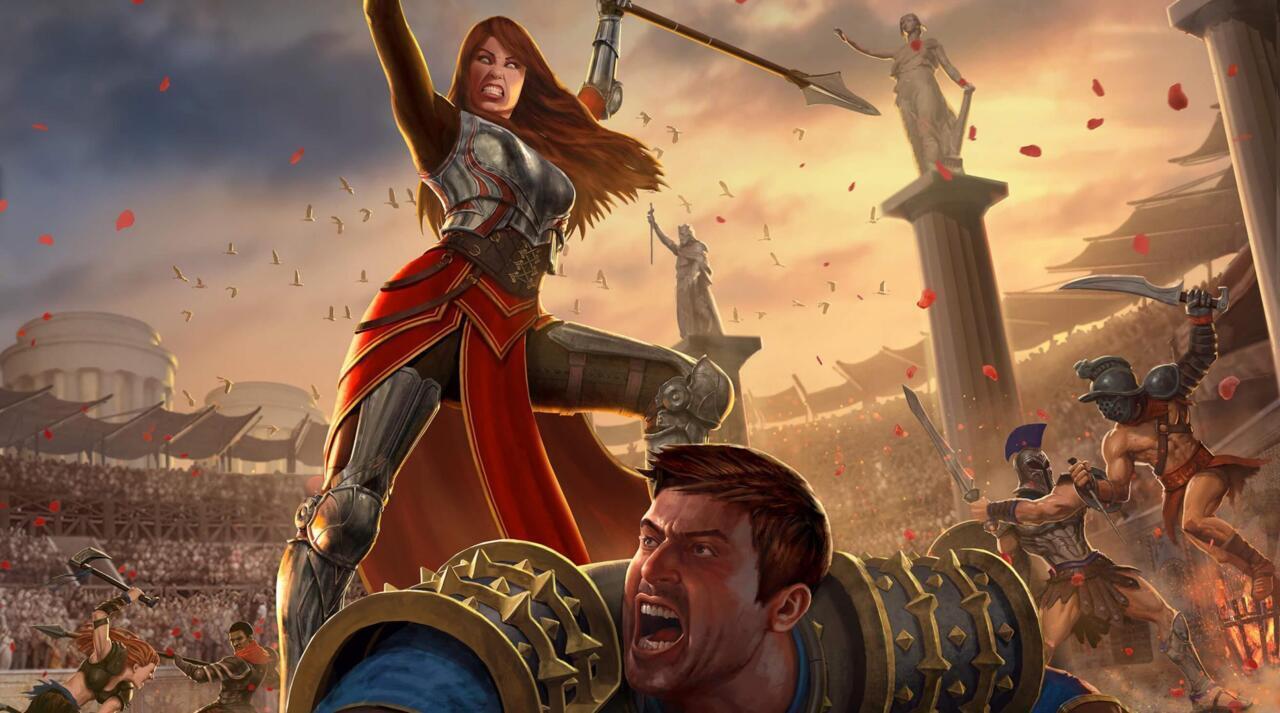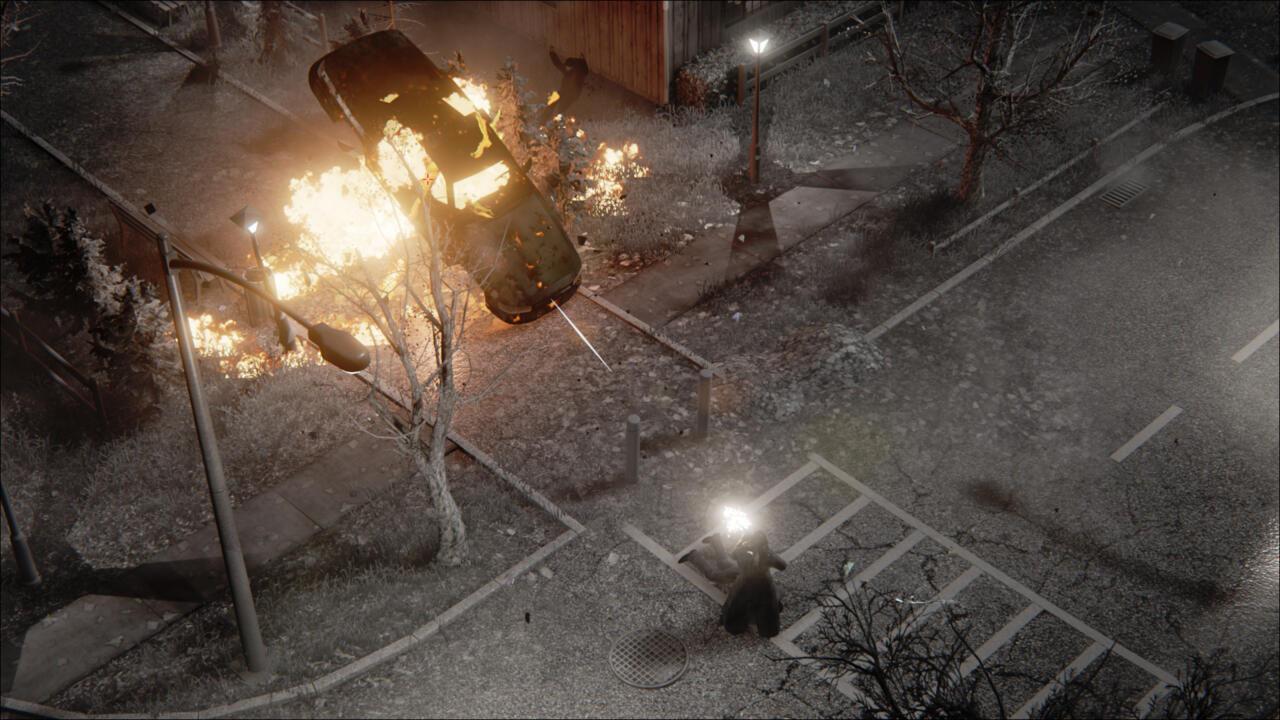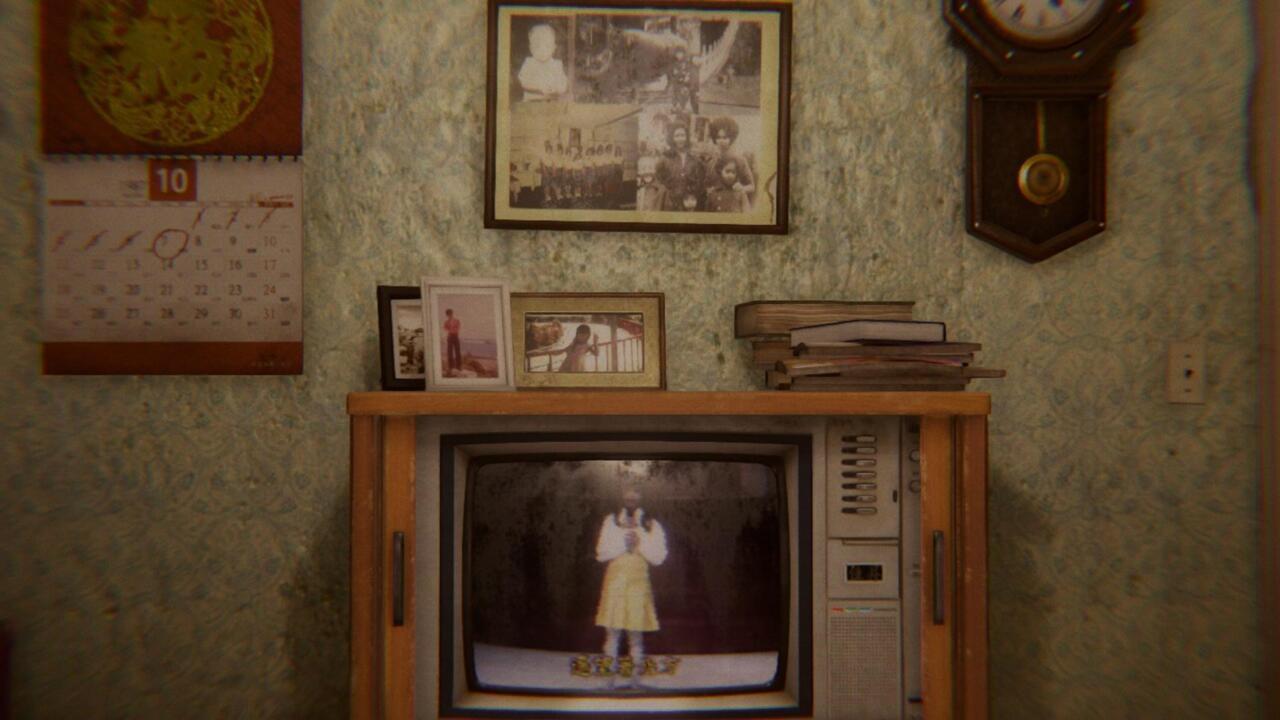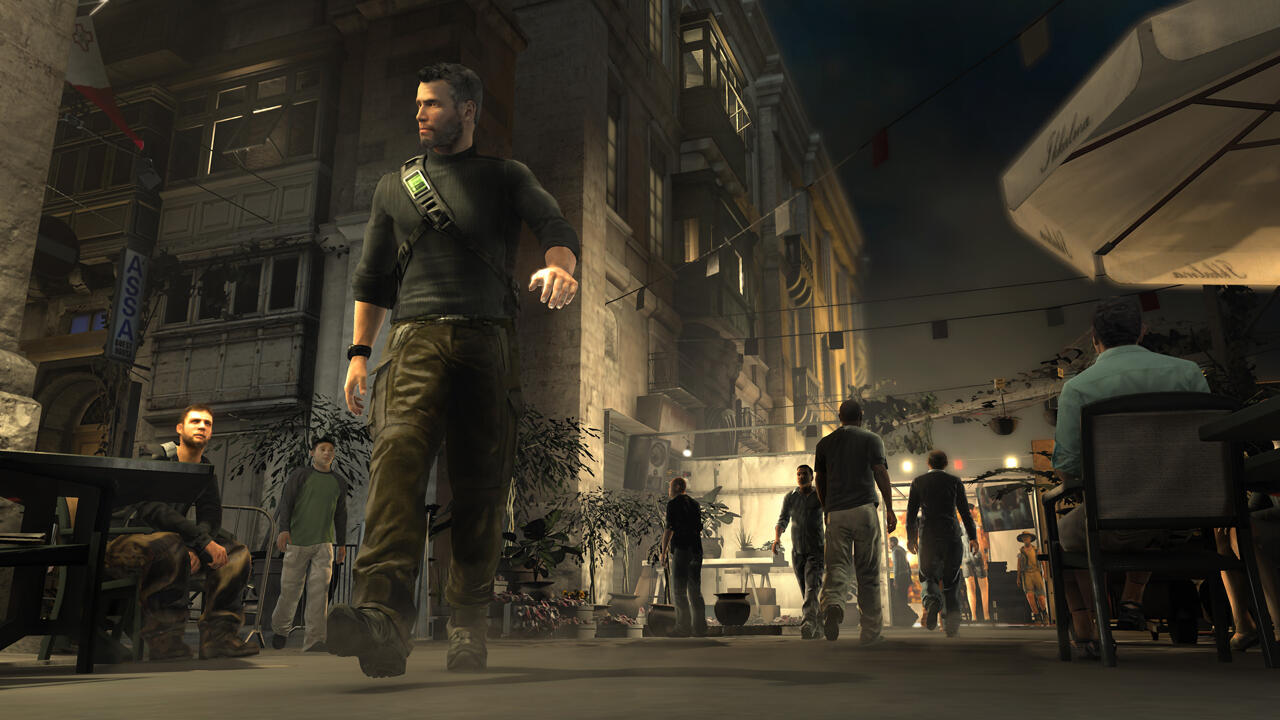12 Unbelievable Things In The Games Industry That Actually Happened
GameSpot may receive revenue from affiliate and advertising partnerships for sharing this content and from purchases through links.
The gaming industry has seen its fair share of wild stories over the years, ranging from truly bizarre choices that sent companies to liquidation to dangerous and, in some cases, criminal acts. A few of the most unbelievable stories, however, have stood above the rest in our memory, often acting as case studies on what not to do if you're making video games. We've rounded them up below, and be sure to let us know which other unbelievable industry stories you remember in the comments.
Cooking Mama: Cookstar fiasco
Cooking Mana is a franchise you probably associate with the DS or Wii, perhaps a game you saw in the collection of the children down the street who weren't allowed to play anything with explosions or lasers. It was wholesome and pure--which is why the fiasco surrounding the game Cooking Mama: Cookstar was so bizarre.
Publisher Planet Entertainment, which IP-holder Office Create had licensed to release the game, launched Cookstar in 2020 without Office Create's knowledge. The latter company said it had required correction of a "range of deficiencies" before it would be approved, yet it said the game was released without these issues being addressed. Despite the drama and threats of legal action, the game is currently available for sale--with Planet Entertainment's name on its website--for both Switch and PS4. Oh, and the PS4 version was never approved by Office Create, with the company having no knowledge it was coming prior to Planet Entertainment announcing it.
Silicon Knights uses stolen Unreal Engine
Silicon Knights looked like it was going to be the next major third-party developer, having produced the excellent Eternal Darkness: Sanity's Requiem and the remake Metal Gear Solid: The Twin Snakes. The problems started after that, first with Silicon Knights suing Epic over apparently missing features in Unreal Engine 3. In a countersuit, Epic Games accused the company of using an unauthorized version of the engine to produce Too Human and the then-unreleased X-Men: Destiny.
The court largely ruled in Epic Games' favor, with an order saying Silicon Knights "deliberately and repeatedly copied thousands of lines of Epic Games' copyrighted code, and then attempted to conceal its wrongdoing by removing Epic Game's copyright notices and by disguising Epic Games' copyrighted code as Silicon Knights' own."
On top of all of this, Too Human and X-Men: Destiny were both bad.
Hot Coffee
Video game code is extremely complicated, but if you don't tell the truth about what's on your game discs, someone will eventually figure it out. Shortly after Grand Theft Auto: San Andreas' launch, a minigame called Hot Coffee was discovered that allowed players to have sex with one of the characters. Though clothed, it was still fairly explicit, and Rockstar blamed it on the work of modders.
It's true the content wasn't available by default in Grand Theft Auto: San Andreas, but evidence exists that points to the minigame actually being created by Rockstar itself and locked in the code, rather than being the work of the modding community alone. By today's standards, the content seen in Hot Coffee isn't actually all that graphic, but it came at a time when Grand Theft Auto's influence on young people was the talk of US lawmakers, and it didn't exactly help Rockstar's case. For a time, production was halted and the game's rating was changed to Adults Only until the content could be removed, as the ESRB said it was present on the game discs.
CSGO Lotto
Gambling has morphed drastically since the dawn of the internet, and not only via online poker and sportsbetting. People have also tried to cash in on digital items sales in games like Counter-Strike: Global Offensive, and a few YouTube creators found themselves in hot water for their role in one website.
CSGO Lotto was a website that allowed Counter-Strike: GO players to toss weapon skins together into a digital pot that would then be randomly awarded to one player--and third-party services could then be used to sell them for real cash. The problem is that Trevor "TmarTn" Martin and Tom "ProSyndicate" Cassell had been making videos showing them using the website without disclosing that they co-owned it. Martin mentioned that he "found" the site in one video, implying he did not have a stake in it. Because they owned the site, any videos showing them "winning" money had the potential of being staged, as well.
Even worse? The FTC let them off the hook without even a slap on the wrist, only threatening a fine if they didn't disclose such conflicts of interest in the future.
Intellivision Amico
One unbelievable story that is still ongoing involves a console brand brought back from the dead… maybe. The Intellivision was a game system Mattel produced in the 1980s to compete against consoles like the Atari 2600. It was never a huge hit, but nostalgia is still powerful, and game composer Tommy Tallarico revived the brand in 2018 with plans for a new console: the Intellivision Amico.
What followed was an embarrassment on just about every level. Multiple delays--not of months but of years--have kept the console from actually releasing as of June 2022, and Tallarico has moved away from his CEO role into a different position. An investment campaign earlier this year was halted after only a tiny fraction of the requested funds were raised, and it will frankly be a shock if the Amico actually makes it to preorder backers, let alone to store shelves.
Aliens: Colonial Marines code error
Aliens: Colonial Marines was one of the biggest gaming disasters of the 21st century. It wasn't the worst first-person shooter ever made, but it released just months after developer Gearbox Software had launched the acclaimed Borderlands 2. Expectations were high, with studio head Randy Pitchford billing the game as the official, canonical sequel to Aliens, but the game that came out was not worthy of that status. Among its more notable problems was poor AI, and the fix for it was comical: fixing a typo. Modders discovered that enemies behaved far more aggressively after a slight edit to the game's code.
Bad games happen, and that's even the case from established developers. However, how much Gearbox Software actually worked on Aliens: Colonial Marines itself isn't clear. Former employees have said TimeGate Studios actually was the primary campaign mode developer, with Gearbox's contribution being the multiplayer mode. (Wait, that game had a multiplayer mode?) For his part, Pitchford said Gearbox handled about 80% of development itself. TimeGate shut down just three months later.
Game of War dev arrested, doesn't pay the price
Game of War--that mobile strategy game you probably only remember for the Kate Upton and Mariah Carey commercials that seemed to play all the time a few years ago--wasn't all that interesting on its own. What was interesting, however, was what happened to one developer when he attempted to travel to Beijing. Back in 2015, FBI agents detained Machine Zone developer Jing Zeng, who they allege had attempted to leave the country with secret company information on in-game player behavior and spending.
The company also said Zeng had attempted to use these files as a bargaining chip for a severance package. However, in the end, Zeng was not actually convicted of any charge--all but one were dismissed before trial, and he was acquitted of the final Computer Fraud and Abuse Act charge in federal court two years after his arrest.
Hatred and the game's creator
The whole "edgy for the sake of it" game hasn't been cool in a few decades, with franchises like Duke Nukem and Postal coming across as more sad than rebellious today. Hatred, however, is a game with no redeeming values--a generic twin-stick shooter where your goal is to cause as much death and destruction to the population before your own eventual demise. It was created for the purpose of causing controversy, which is precisely what happened, putting even more eyeballs onto a game that just wasn't very good, tastelessness aside.
What made things really disturbing, however, is that developer Destructive Creations' CEO Jaroslaw Zielinski had been following a far-right and Islamophobic group on Facebook that has "patrolled" nightclubs in Poland in order to keep Muslims away from women. He said he wasn't aware of these activities and only used it as a way to see news, but it definitely isn't the best look when the game is about a white guy in a trenchcoat unleashing his wrath on humanity.
Devotion removal
When digital stores are available to people worldwide, there can be unexpected problems. This was the case with Devotion, a horror game made by the Taiwanese studio Red Candle. After launch, an art asset playing up the apparent similarity in appearance between Winnie the Pooh and Chinese president Xi Jingping was discovered, and Steam review bombing from Chinese players followed.
As a result of this flak, Red Candle completely pulled the game from Steam. GOG, a major competitor to Steam, said it also wouldn't sell the game after "gamers" complained, which definitely didn't include Xi Jingping wearing glasses and a Groucho Marx mustache. Eventually, Red Candle gave up on finding another distributor and opened its own online store, which sells both Devotion and its predecessor, Detention.
Cyberpunk 2077 pulled from sale
Cyberpunk 2077 was set to be one of the biggest video games ever. It was being developed by CD Projekt Red, whose The Witcher 3 is widely regarded as a role-playing masterpiece, and pre-release trailers showed a sprawling and futuristic city packed with characters to meet and interact with. At launch, however, it was clear the game had been nowhere near ready, resulting in graphical bugs, poor performance, crashes, and a variety of other issues that affected consoles the worst, especially PS4 and Xbox One.
The problem was so severe that retailers began offering refunds on a scale we've almost never seen. The PlayStation Store even completely pulled the game from sale, not putting it back up until six months later and carrying a warning. The disastrous launch delayed subsequent content updates and expansions for Cyberpunk, the bespoke new-gen versions were delayed, and the public's faith in CD Projekt Red was seriously damaged.
PSN LulzSec shutdown
It's hard to imagine in 2022, but there was a period of 23 whole days in 2011 when the PlayStation Network was taken down because of a cyberattack. The short-lived hacking group LulzSec, which had also targeted the CIA and other video game companies, was able to breach Sony's security so severely that the company was forced to take PSN completely offline as it worked to create a fix and ensure users wouldn't be vulnerable in the future. But this is something we think of taking a day or two. In an era of so many live-service games, such a wait would spell doom for game companies.
To its credit, Sony did offer a variety of free games and other bonuses to those who were affected. An attack of this severity has not been seen since in the gaming industry, perhaps because the would-be-hackers don't want to risk having their own Destiny or Fortnite access revoked.
Ubisoft's incredibly dangerous Splinter Cell stunt
Splinter Cell Conviction is a gritty, action-focused stealth game that saw protagonist Sam Fisher on the run--the government agency he once worked for now wanted him dead, and he was considered an armed and dangerous criminal. For some reason, Ubisoft took the game's premise and decided to work with an outside firm on a guerrilla marketing event in New Zealand. That consisted of… an actor pulling out a fake gun and threatening people in a pub.
The police were called, and no one was injured, with the marketing firm Monaco Corporation saying it "was by no means an attempt to get cops" to show up to the event. Most New Zealand police do not carry firearms by default, but they do still use them in certain circumstances, so the fact that everyone walked away unharmed is nothing short of a miracle.




